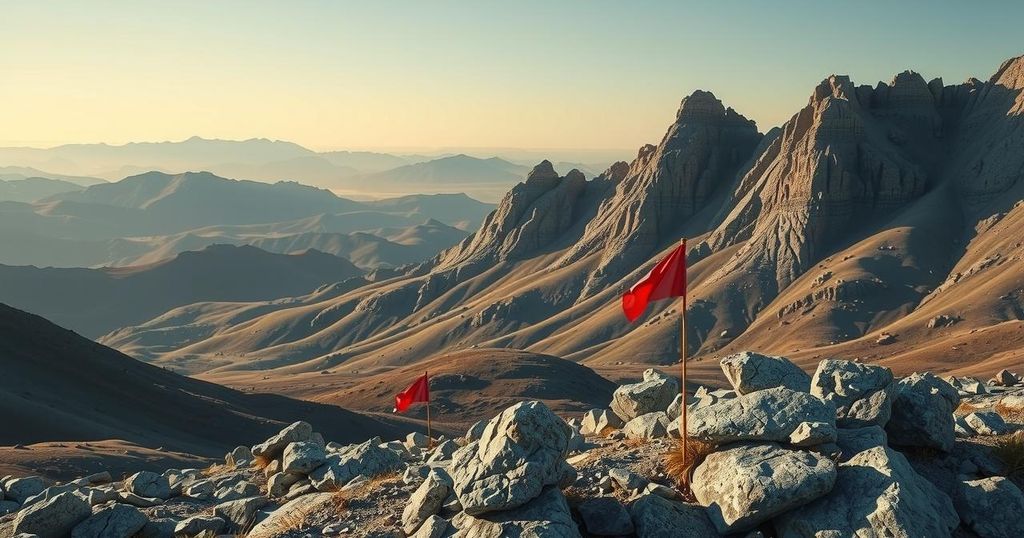M23 Rebels Occupy Bukavu: Congo Faces Growing Humanitarian Crisis

M23 rebels, backed by Rwanda, have occupied Bukavu, Congo’s second major city, following their capture of Goma. The government faced little resistance as it attempted to maintain control, leading to a humanitarian crisis affecting millions. The conflict, deeply rooted in ethnic tensions, raises concerns about regional stability and the rebels’ political aspirations.
Congo’s government announced that Rwanda-backed M23 rebels have taken control of Bukavu, the second major city in eastern Congo, following their earlier occupation of Goma. Residents were seen welcoming the rebels after their march from Goma, which was captured last month. The government has declared an intention to restore order, but there have been reports of government forces fleeing the area along with civilians.
The M23 rebels, among over 100 armed groups in eastern Congo, are striving for control of the region’s rich mineral resources. Approximately 4,000 Rwandan troops are backing the M23, contributing to the conflict that has resulted in the displacement of over six million people, leading to a significant humanitarian crisis.
M23 leader Bernard Maheshe Byamungu assured residents in Bukavu that they aim to rectify what he described as disorder stemming from the previous regime. He stated, “We are going to clean up the disorder left over from the old regime.” Some locals encouraged the rebels to advance further toward the capital, Kinshasa.
The M23 has made strides without announcing a formal takeover of Bukavu, contrasting with its prior declaration regarding Goma, which drew international disapproval. The Congolese government has acknowledged Bukavu’s occupation, vowing efforts towards restoring order and protecting the territory.
Local residents have criticized the government’s apparent inaction in defending Bukavu, suggesting that authorities are retreating in the face of rebel advances. Additionally, fears of the conflict escalating into a broader regional crisis are palpable, as analysts warn that M23’s goals may extend to political power, unlike previous engagements.
The conflict has deep ethnic roots, with the M23 claiming to protect ethnic Tutsis in Congo against Hutus, some of whom were responsible for the Rwandan genocide. Despite this narrative, M23’s current leadership has changed, potentially reshaping perceptions of the group’s motivations and affiliations within Congo.
With troops from South Africa and Burundi assisting Congo’s effort to regain control, Burundi’s president indicated a reluctance to retaliate. This conflict has garnered attention in the context of wider African regional stability, as the possibility of escalation into a broader crisis looms with international calls for ceasefires and dialogues prevailing over decisive action against M23 or Rwanda.
The recently formed Congo River Alliance, which includes M23, now emphasizes protecting the people of Bukavu, urging citizens to remain vigilant and not succumb to panic. This highlights the ongoing tension within the region, as communities grapple with the presence and intentions of the rebels.
The situation in eastern Congo continues to evolve as M23 rebels secure control over Bukavu with limited resistance from government forces. The conflict, rooted in complex ethnic tensions and fueled by external support, has exacerbated the humanitarian crisis in the region. International attention is drawn to the potential for escalation, as local leaders and citizens navigate the tumultuous landscape of shifting power dynamics.
Original Source: www.pbs.org







